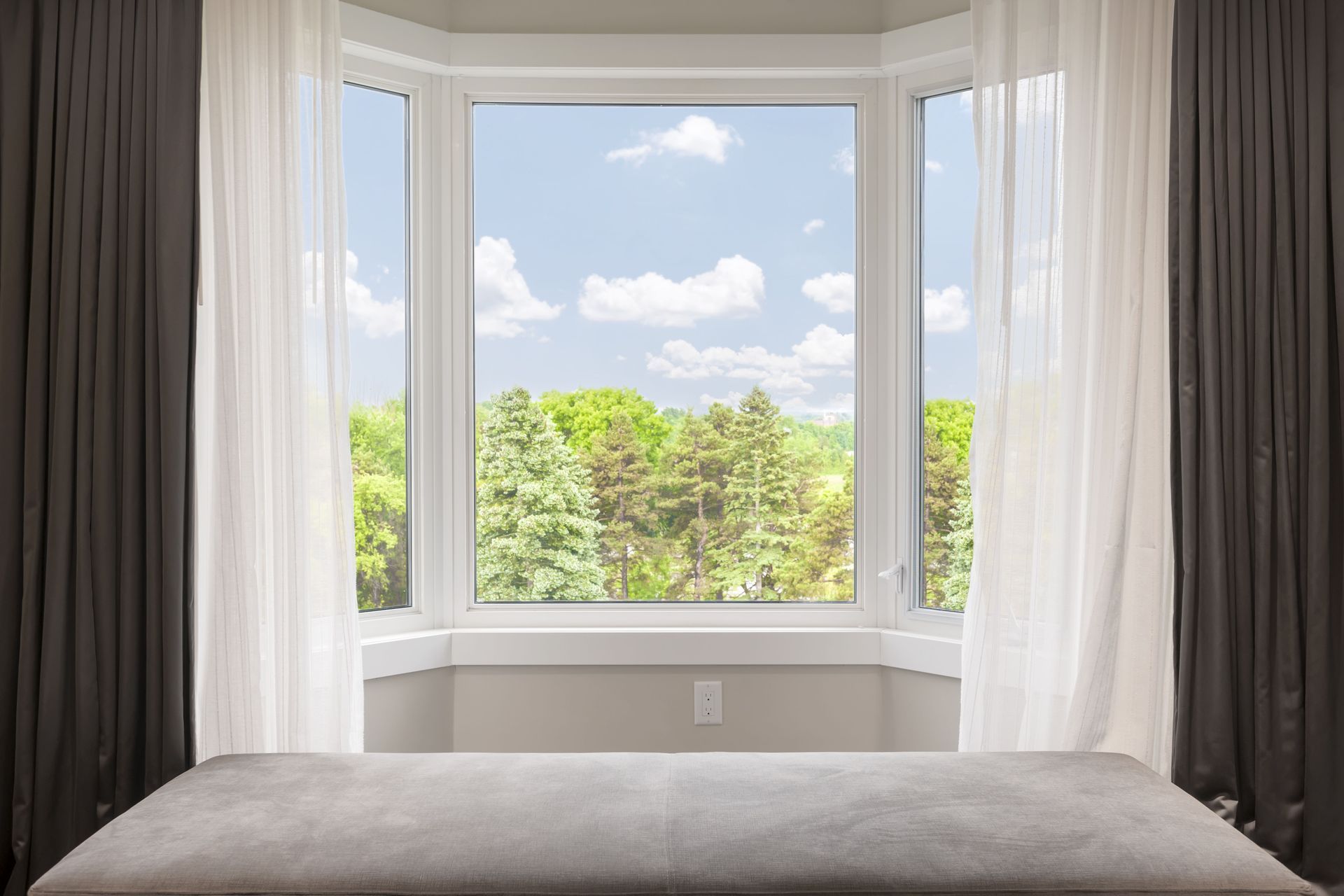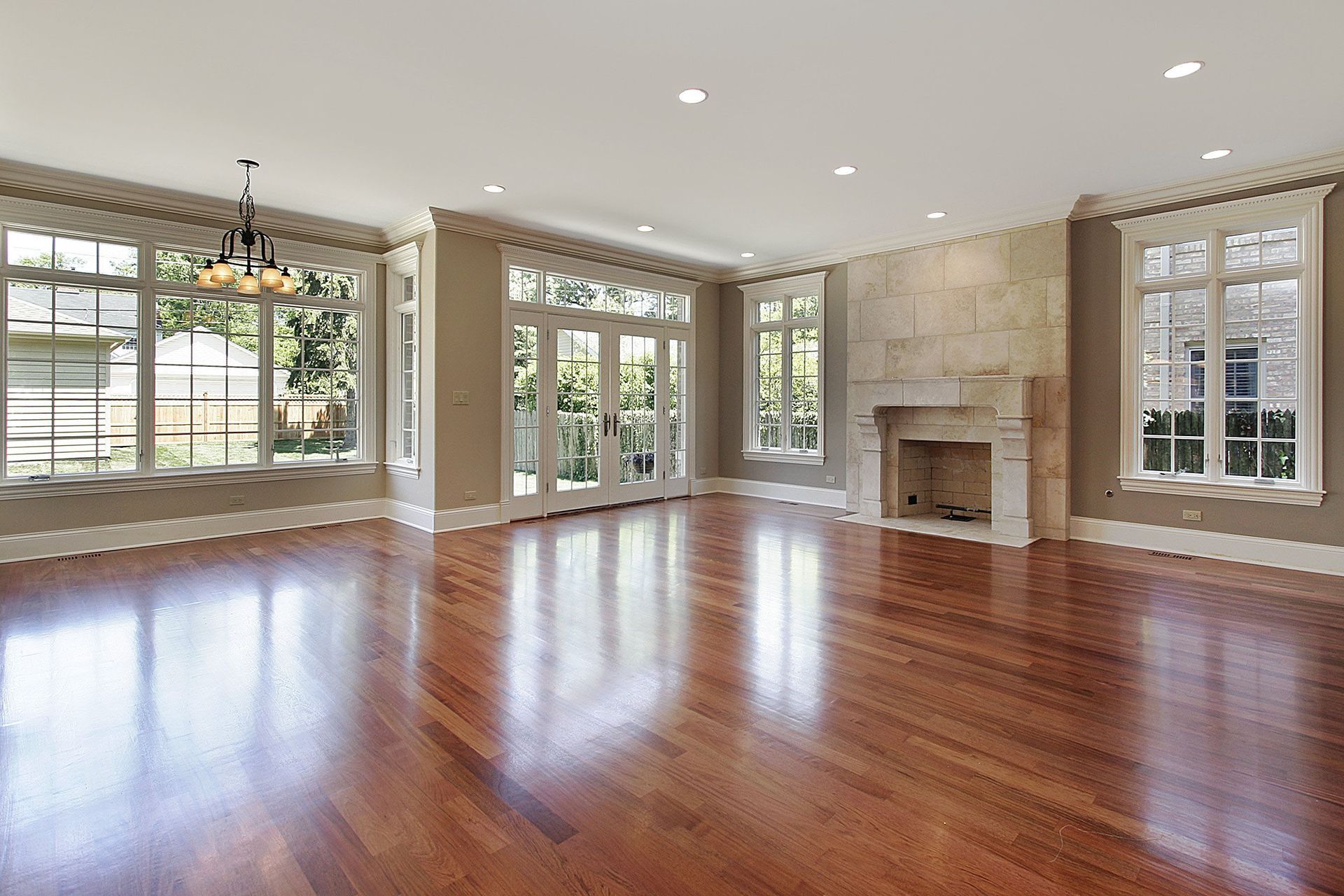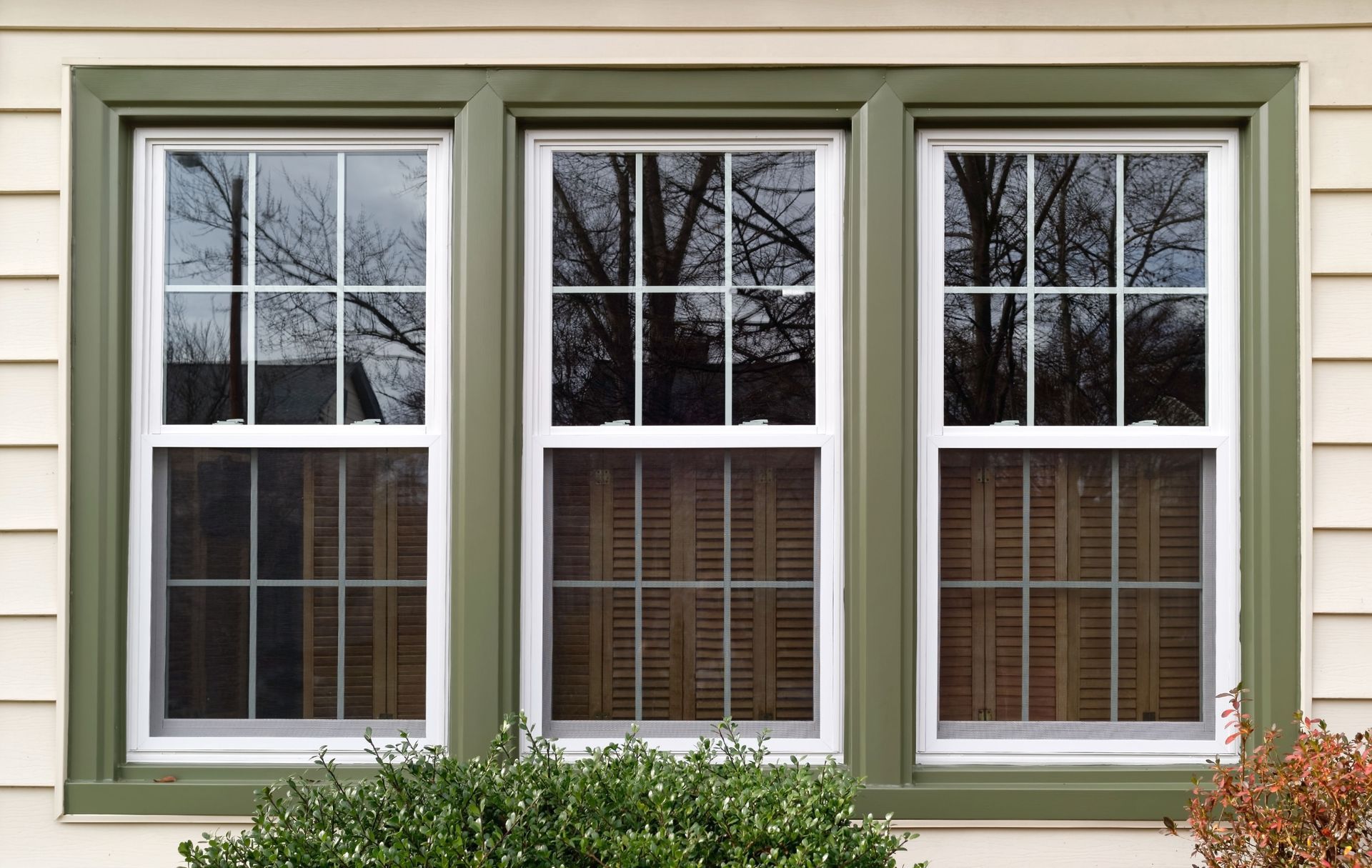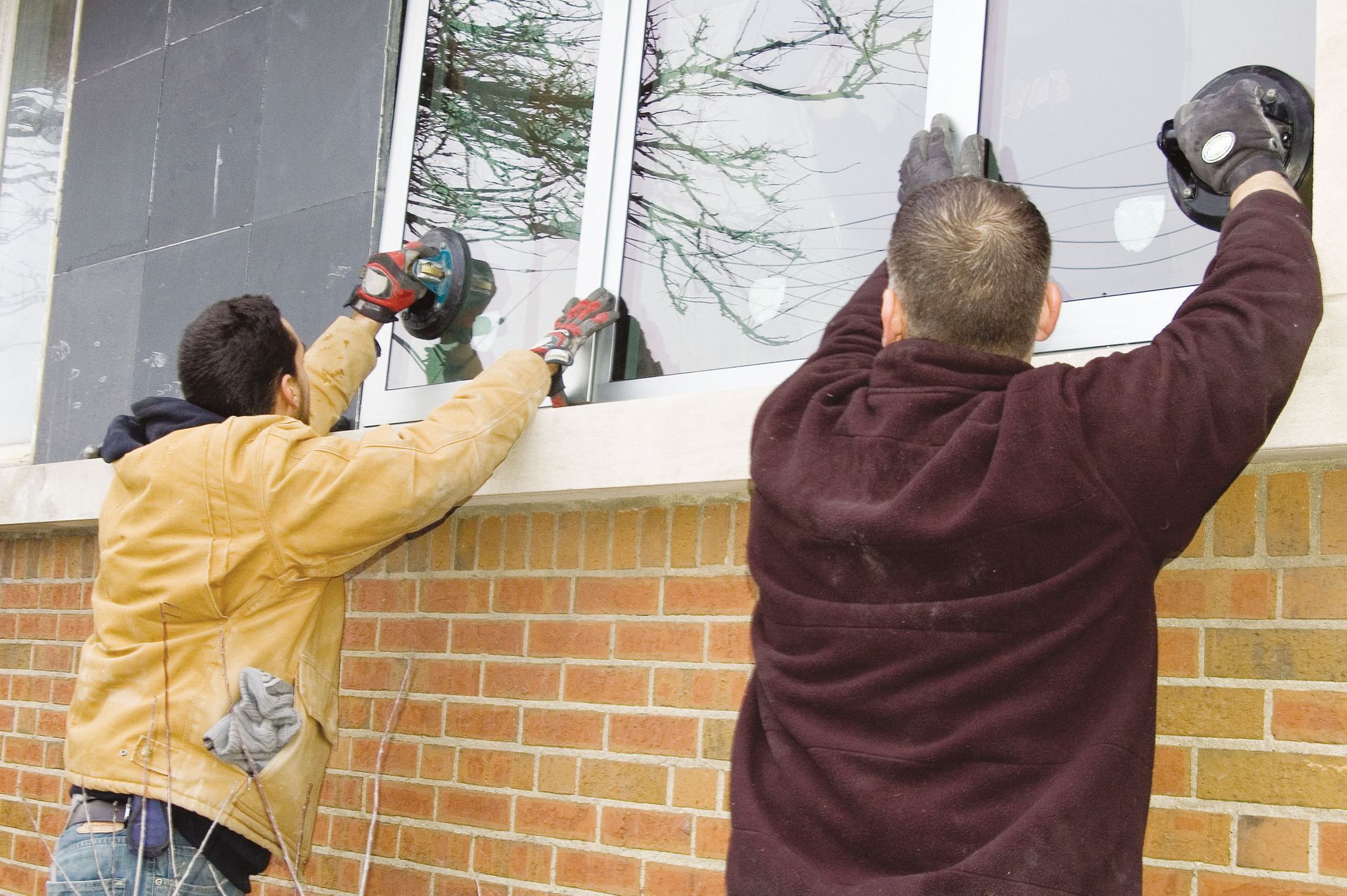When it comes time to change your windows, you must contact a local company you can trust, but there are far more contractors than you might expect in this field. According to IBISWorld, the window installation market is currently worth about $6 billion in the United States alone! With such a large and thriving market, how can you be sure you're hiring the right contractor? Well, you can follow these different steps to narrow down your options and determine what kind of company makes the most sense for your specific needs as a homeowner.
Confirm They Carry the Window Types You Want
Start your project by exploring the window materials and types that make sense for you. These can vary depending on your home's size, color palette, aesthetic, and more. For example, a farmhouse or ranch-style home may call for very different windows than a modern, minimalistic apartment. Let’s break down a few of the most common window styles to give you an idea of what option may make the most sense for your unique space.
Single-hung versus double-hung windows are just one example of notable differences in style. Single-hung windows are the most common window type and often look great in all home aesthetics. Double-hung windows utilize two hinges that help create a more adaptable environment, working well in many large, open rooms. Different window styles can complement furniture, wall colors, and much more. You also need to consider the material for your chosen windows. Wood, vinyl, and aluminum work well for most homes. Once you have a feel for what you're looking for in a window, you can confirm that your chosen
local window company has the products, experience, and installation services to bring your vision to life.
Ensure They Offer Energy-Efficient Options
Before calling a window contractor, ensure they work with the coatings or energy-efficient window types that appeal the most to you. Low-e glass options are equipped with thin, invisible metal or metallic oxide layers that reduce heat transfer. According to the United States Department of Energy, windows manufactured with low-e coatings typically cost about 10% to 15% more than regular windows, but they reduce energy loss by as much as 30% to 50%.
Read Reviews and Browse Galleries
When talking with your contractors, make sure to ask about their latest projects. If your contractor has a dedicated gallery page, take a look at some of their recent work. Take note of windows that look similar to yours. Don't be afraid to ask for references or extra details about past jobs that have piqued your interest. Additionally, take a look at some of the most recent customer testimonials from your prospective local window company. Do you see any patterns? Look for a business that consistently gets five-star ratings. These ratings reflect their integrity, products, and commitment to excellent customer service.
Check Out Warranties and Payment Options
Another key factor to consider in your chosen contractor is the warranties they offer. Warranties can keep you protected from problems down the road, so be sure to ask for detailed information about the available options. When you choose King's Window Services LLC, you'll receive a 10-year warranty on our glass and a lifetime warranty on our labor. It also pays to talk to your local window company about their payment options. While almost all window businesses accept cash, our team also takes payments through Visa, Apple Pay, and Zelle.
Look for Free Estimates
Getting an estimate is the first step in starting your window project. Look for a window company that offers free estimates on all of their products and services. A free, no-pressure estimate is a sign of a dependable, professional business. Here at King's Window Services, we pride ourselves on always offering free estimates on our work. You can even request an estimate through our convenient form
here!
These tips and suggestions can help you find a local window company that makes the most sense for your unique job. Furthermore, we also encourage you to call our team at King's Window Services to learn more about our wide selection of windows. Whether you need speedy window repair or expert glass replacement services, we're the team you can count on. Call us today.
SERVING
and Surrounding Areas











Share On: